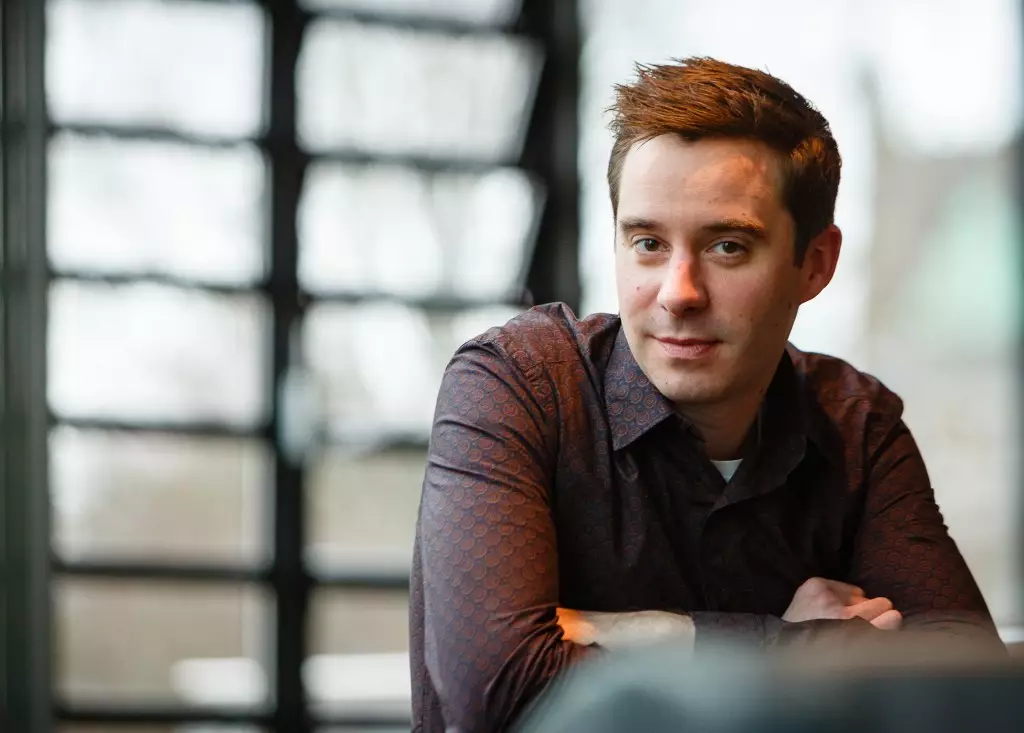The upcoming Edinburgh TV Festival MacTaggart lecture will be presented by James Graham, a prominent British writer known for his work in both theater and television. Graham plans to delve into the topic of why television struggles with portraying the working class effectively. This issue is a key focus for Graham, who has a substantial body of work that addresses these themes. With a career spanning two decades, Graham has tackled these topics in various forms, from theater adaptations to political thriller series.
Graham’s lecture will center around the idea of how television can better represent the working class and shape the political narrative. He aims to explore the ways in which drama can influence the public’s perception of social issues and highlight the importance of including social class and regional diversity in storytelling. By posing these questions, Graham hopes to spark a conversation about the need for greater representation on screen.
As an acclaimed writer, Graham has received recognition for his contributions to the arts. With an Olivier Award under his belt and multiple nominations for prestigious accolades such as the BAFTAs and Emmys, Graham is considered a powerhouse in the British creative scene. His dedication to his craft is evident in his extensive body of work, which has garnered both critical and commercial success.
In a recent interview, Graham emphasized the importance of television in shaping cultural conversations and bringing people together. He highlighted the role of TV moments in uniting viewers around common experiences, whether through highlighting social injustices or celebrating shared achievements. Graham sees television as a powerful medium for influencing public discourse and advocating for marginalized communities.
With the MacTaggart lecture on the horizon, Graham sees this as an opportunity to reflect on the trajectory of the creative industries. He hopes to examine the broader impact of drama, storytelling, and culture on politics and society, particularly in relation to underserved communities. Graham’s commitment to shedding light on overlooked narratives underscores his dedication to driving meaningful change through his work.
As James Graham prepares to take the stage at the Edinburgh TV Festival, his exploration of television’s portrayal of the working class promises to ignite important conversations about representation and social justice. Through his nuanced understanding of storytelling and culture, Graham seeks to challenge the industry to do better in reflecting the diverse realities of society. With his wealth of experience and passion for storytelling, Graham is poised to deliver a compelling and thought-provoking lecture that will resonate with audiences.

Leave a Reply